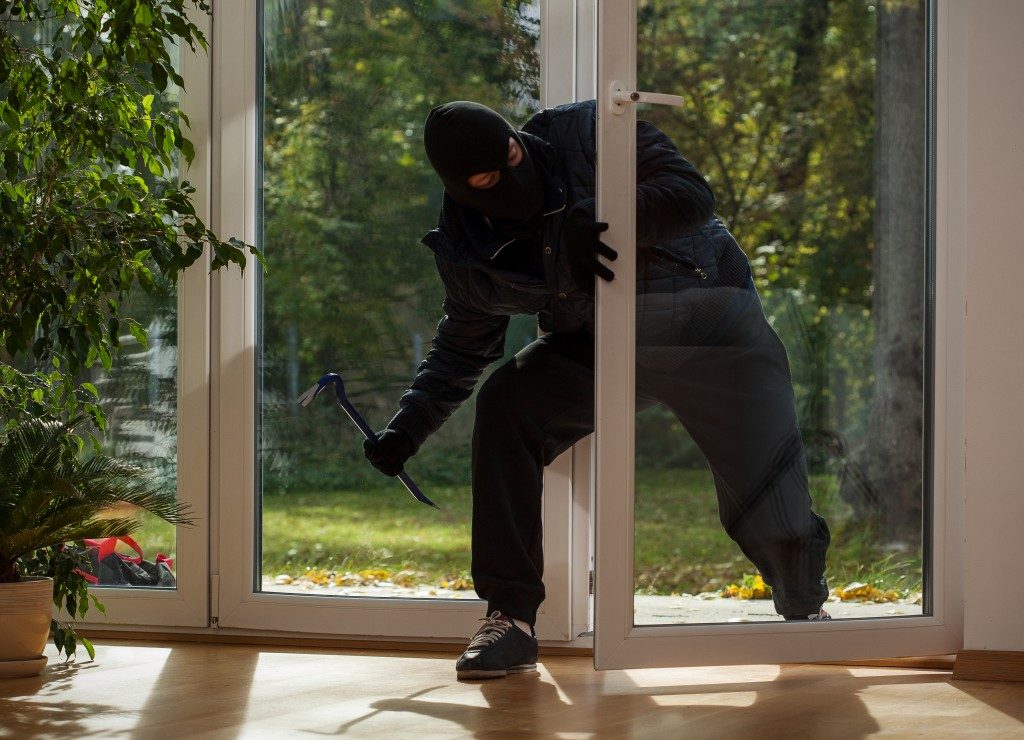Owning a home is a significant investment, and ensuring it is well taken care of should be a priority. Home inspections are essential to ensuring your home’s long-term health and longevity. Inspections provide valuable insight into the condition of your home, helping you identify any potential issues that could become costly to fix if left untreated. Let’s examine why regular inspections are crucial for keeping your home in tip-top shape.
What Does A Home Inspection Include?
Home inspectors typically check for safety hazards, structural damage, plumbing issues, electrical problems, and other potential problem areas. Generally, the process will include the following:
A Comprehensive Visual Inspection
Home inspectors use their expertise and trained eyes to provide an in-depth view of the property. They will do a comprehensive visual inspection of the interior and exterior of the home, looking for any signs of damage, wear and tear, or potential safety issues.
Home inspectors will also check for building code violations that could cause safety risks or costly repairs down the road. They will also check the plumbing, electrical wiring, air conditioning systems, heating systems, roofing material and condition, insulation levels, and more.
Knowledgeable Advice
An experienced home inspector can be an invaluable resource to understand what makes up a quality house. They can provide valuable advice on maintaining and keeping your new house in tip-top shape for years to come.
Home inspectors can also help identify specific elements that may need further examination by specialists such as electricians or plumbers – which can save you time and money in the long run!
Written Report
Once the inspection is complete, most companies will provide a written report detailing all areas inspected and any potential issues found during their evaluation. This detailed report is critical for buyers because it gives them an understanding of any underlying problems or future maintenance needs they may have.
It also serves as an essential document when negotiating with sellers if any issues need to be addressed before closing on the sale of a property.
Why Should You Have Your Home Inspected?

A home inspection is typically done by a qualified inspector who will check the condition of the house and its major systems, such as plumbing, electrical, HVAC, roofing, etc., as well as other components like windows and doors. This helps identify any potential issues or problems that may not be immediately apparent at first glance.
For example, house roofings may look fine from the outside, but an inspector may find that there are leaks or other structural issues that need to be addressed. Hence, giving you enough time to call a professional roofing contractor to fix the problem before it gets worse.
In addition to giving you more information about the property, an inspection serves as a bargaining chip when negotiating with the seller over repairs and maintenance costs prior to closing on the house. By identifying items that need repair or improvement prior to purchasing, it gives buyers more leverage in negotiations. This could ultimately result in saving thousands of dollars in repairs down the line.
Benefits of Home Inspections
Aside from being a great way to protect yourself from unwanted surprises after purchase, there are many other benefits associated with having your home inspected before buying it. A good inspection will offer an unbiased assessment of all major aspects of the house, including structural integrity, potential safety hazards, energy efficiency (i.e., insulation), pests or mold present in the house, water damage/leaks, and more, which can save buyers time and money in the long run if they decide to go ahead with their purchase knowing what needs attention right away or down the line.
Additionally, if there are any potential issues identified during an inspection, it allows buyers to make an informed decision on whether or not they want to move forward with their purchase instead of making an uninformed guess that could lead them into financial distress later on the road.
You will also be able to use the inspection report for future reference when selling your house. This way, potential buyers will be able to see that there were no major issues identified during the original purchase, and this may give them confidence in going ahead with their purchase without having to go through an additional home inspection process.
Final Thoughts
The importance of having your home inspected regularly cannot be overstated; it is essential to keeping your investment safe and secure for years to come. A qualified inspector can identify potential problem areas before they become larger issues requiring expensive repairs or replacements.
Regular inspections not only keep you informed about the condition of your property but also provide peace of mind knowing that any potential hazards have been caught early on and treated accordingly. If you haven’t had an inspection done recently, it is highly recommended that you do so soon!







